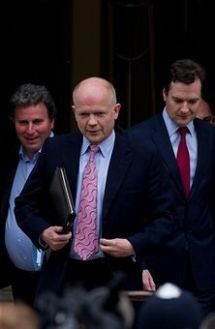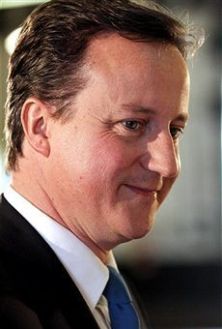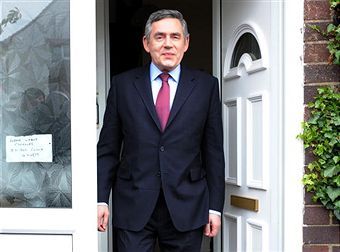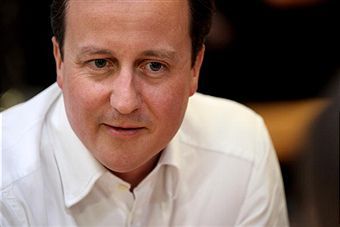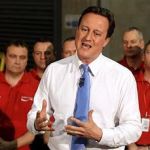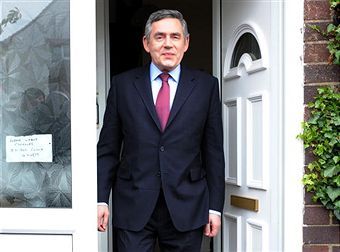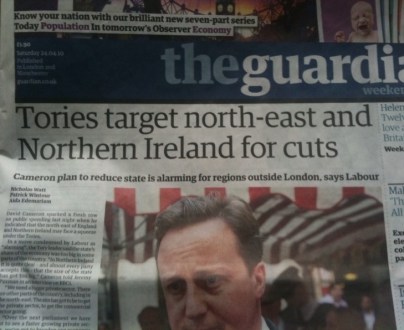Sense reigns, as the Tories redefine their health spending pledge
Here’s another sensible development for the day: the Tories have diluted their pledge to keep on increasing health spending. As the FT’s Alex Barker reports, the Lib-Con political settlement is going to contain these words: ‘We will increase NHS spending in every year of the parliament.’ So what’s the difference? Well, the previous pledge was to increase health spending in real terms each year – whereas this new formulation suggests that cash spending will increase, but that there will be cuts once you account for inflation. Sure, it doesn’t smash the ringfence down completely. But it’s still progress so far as the fiscal crisis is concerned. Score one up for


